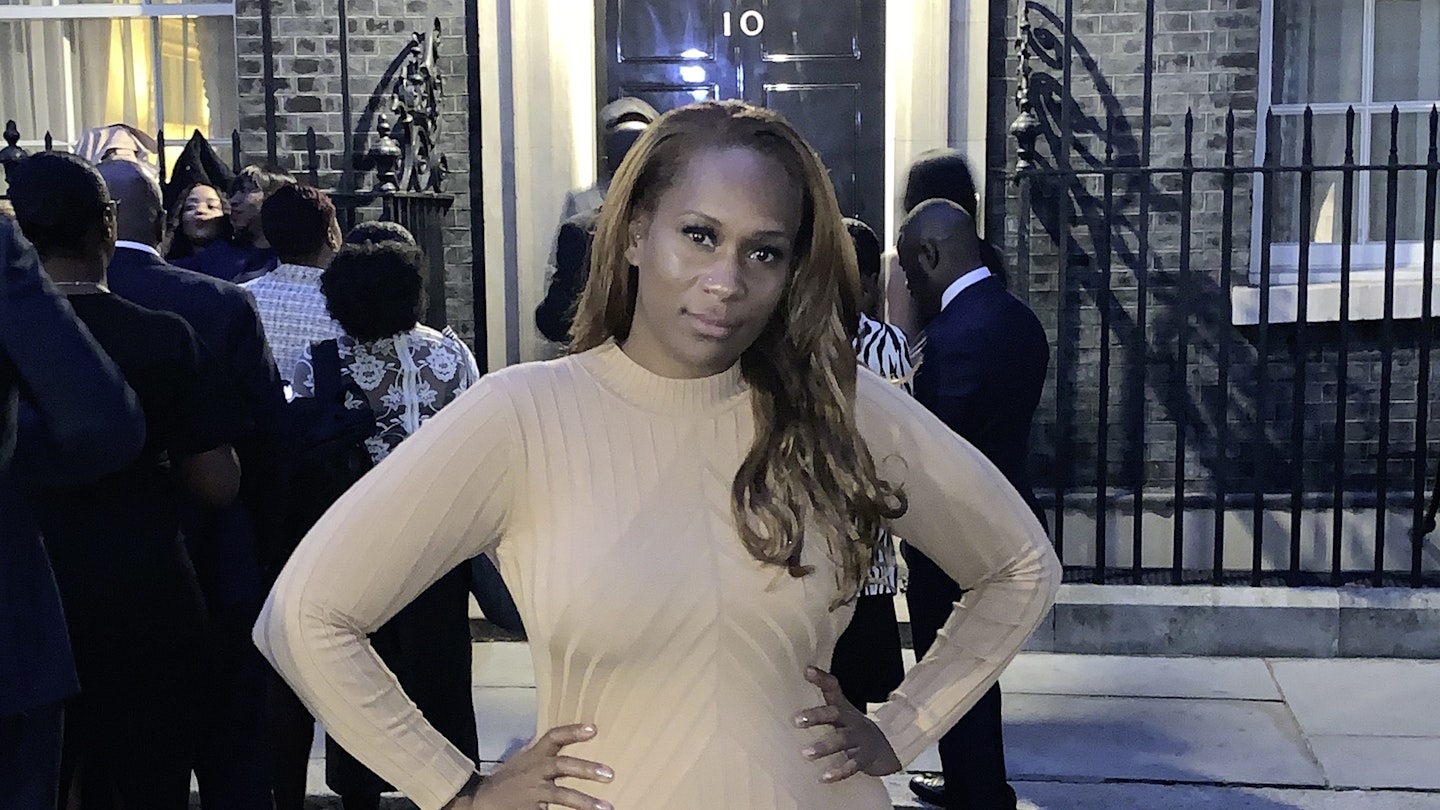Leanne Pero was barely 30 when she discovered she had breast cancer. It was not just the surgery and chemotherapy she had to cope with that shocked her – it was also the reaction of many within the BAME community and the fact she knew so little about the disease.
She came to realise that in many BAME communities breast cancer was never discussed despite a higher mortality rate than in the white community. In fact there was often a stigma attached to it.
To fight the problem she has launched the first BAME magazine dealing with breast cancer called Black Women Rising. It is a fact and experience filled publication answering every question patients may face and distributed free of charge. It is also the name of a powerful movement that Leanne has started to support those diagnosed with breast cancer which has already been supported by the likes of Estee Lauder and ITV’s Lorraine.
Leanne, an award-winning entrepreneur and community champion, wants to build a bridge of knowledge and understanding between BAME communities and the medical institutions that treat them. She also wants to break the silence and remind young BAME women of the importance of regularly checking their breasts.
“I realised there was a problem when I was diagnosed and a couple of people stopped talking to me. At first I didn’t understand why. I also discovered lots of misconceptions about the treatments. I heard things like ‘go natural – chemo is not for black people.’
“I was a victim of sexual abuse as a child and I have had a lot of stuff happen to me but my darkest days were due to cancer. It gave me terrible anxiety which I had not expected. I had just turned 30 when I was diagnosed. I was in the prime of my life. I had just started a business management degree which I loved and my life was about having fun. I had just got back from holiday, I had released a self-help book, Take Control, about being a survivor and it was a time to focus on me and what I wanted out of life.
“When they told me I had breast cancer I felt like the only 30 year old in the world with it – I had never seen or heard of other young black girls with cancer. Some people from my community said things like it must have been because I had a party life style or that I was always stressed out due to working too hard. I felt like I was to blame and it shocked me.”
Leanne is calling on the NHS to do more to support, reach out to and understand BAME patients. One of the challenges she faced was the hospital running out of afro wigs.
“For black women hair is a big thing, it is a lot of our identity. I was told I could get a free wig from the NHS and was given a catalogue and was told there was an ‘ethnic’ section at the back of it. But then I was told they had run out of them so I had to choose from the other section of the book. I chose one but in the end I went to Peckham High Street and bought three wigs for £30 that were so much better for me.”
Leanne kept a journal of all her experiences and released it on a blog which was spotted by a breast cancer charity who asked if they could promote her writing on their website.
“I wasn’t really expecting anything to come of it but I woke up the next day to so many emails and messages on my Instagram and facebook accounts from young girls and older women, Asian and black. They said it was so good to see a brown face talking about cancer. It was incredible to read some of the stories they felt they could share with me.
“One lady said she had to go to chemotherapy, go home on the bus, pick up her kids and cook dinner because she had to keep up the façade she was ok. Some were asked not to attend family events as members were scared they would catch it.
“It brought home there is not enough awareness of cancer in the BAME communities and it could be why the mortality rates of breast cancer is higher than elsewhere.
“People say why do you make it about race and I say we are not about race but we are about shared experiences. BAME women go through different experiences due to the cultural myths and taboos. Cancer is an unspoken word in many communities.
“I want any BAME woman reading this to know we are here for her and she can contact us. I am very aware I am still trying to get over my diagnosis and every week brings different emotions or problems. The magazine is a one- stop-shop of everything you need to know. It is written for women of colour by women of colour.
“I would love medics to read it too as they will understand the kind of issues that are common in the BAME communities.”
ORDER YOUR COPY AT BLACKWOMENRISINGUK.ORG
READ MORE: Things You Only Know If...
Things You Only Know If...
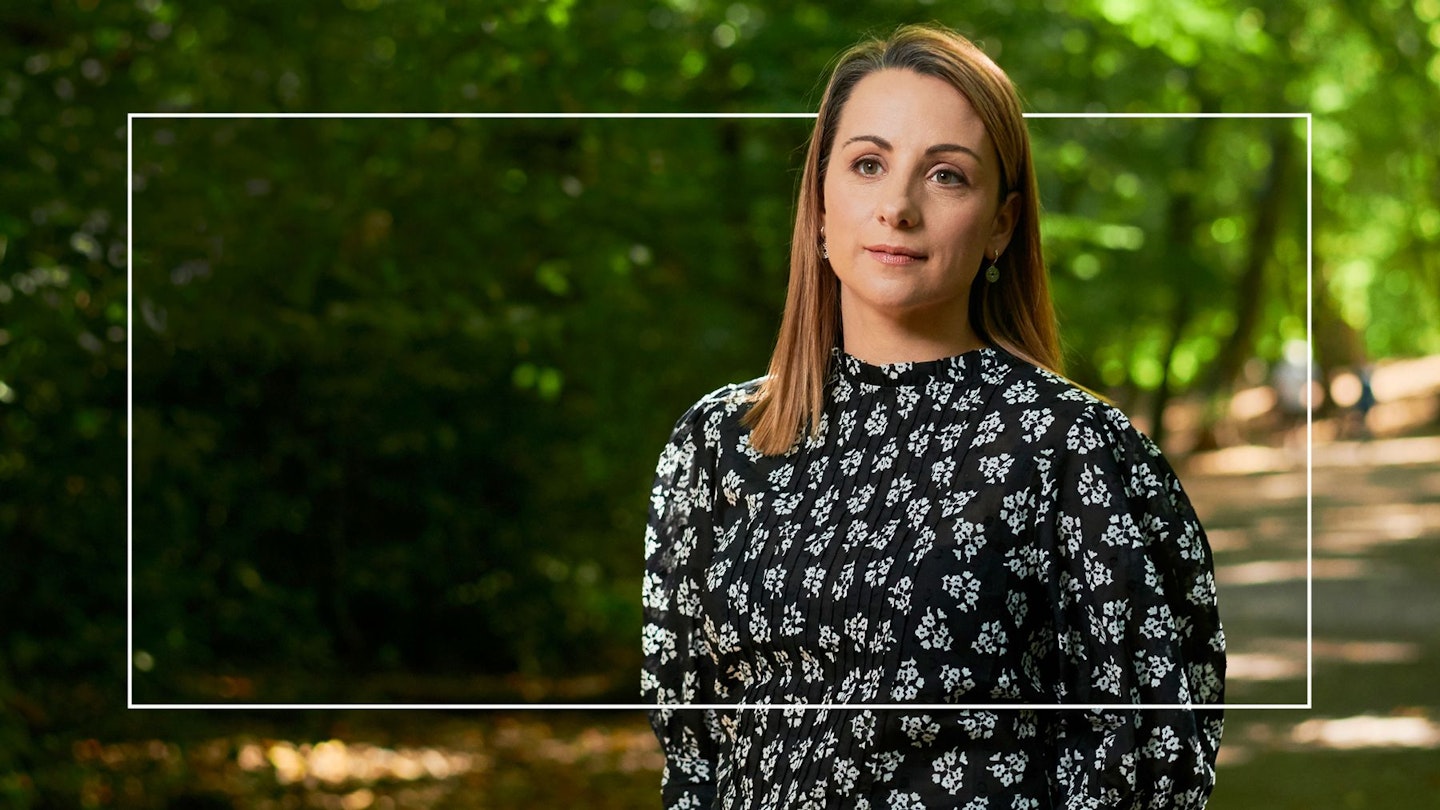 1 of 19
1 of 19Things You Only Know If You've Experienced Post-Adoption Grief
When Claire Moruzzi, 39, gave birth to her son, it unlocked unpacked painful feelings about her own adoption.
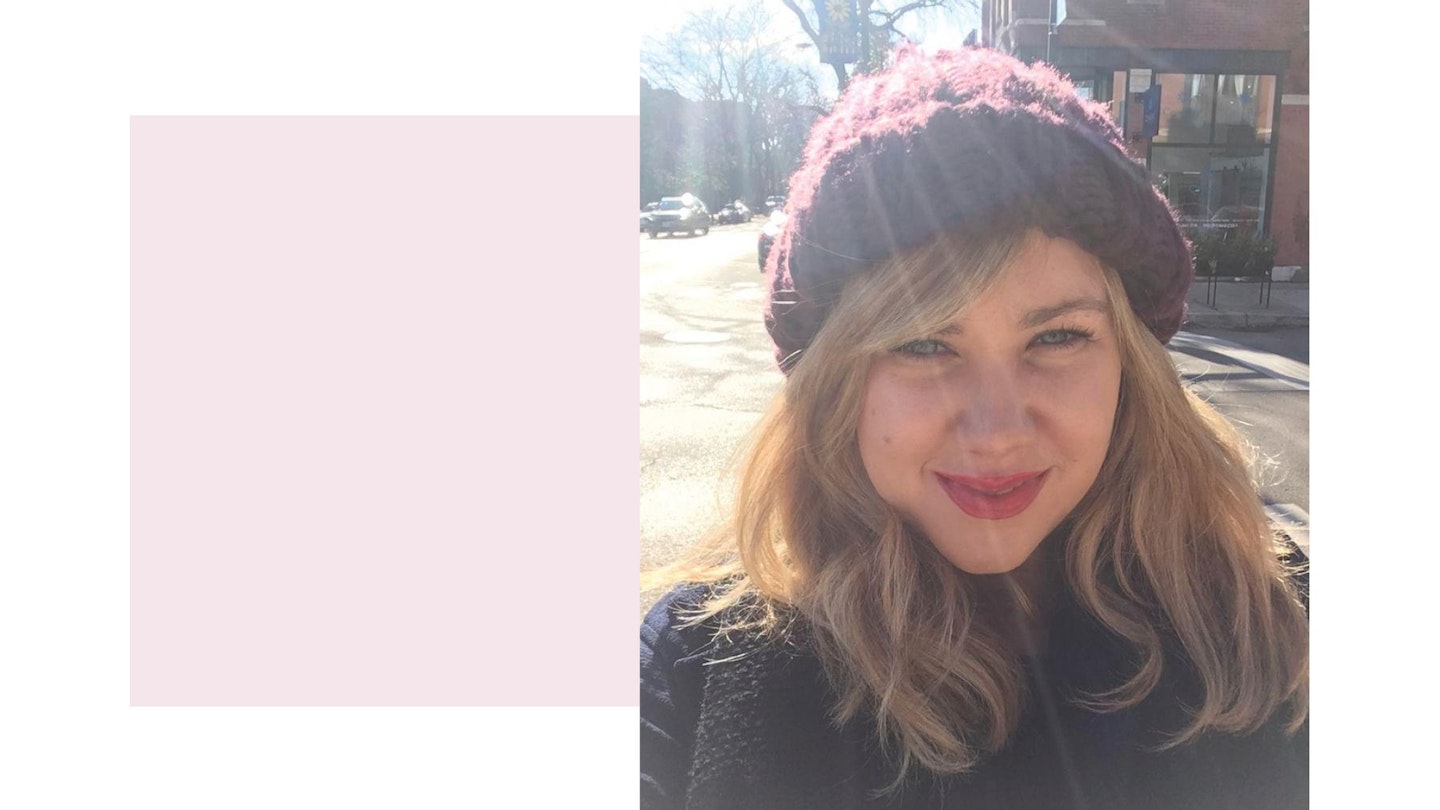 2 of 19
2 of 19Things You Only Know If You have Polycystic Ovary Syndrome
Jessica Evans reflects on the condition that affects one in 10 of us but is rarely talked about.
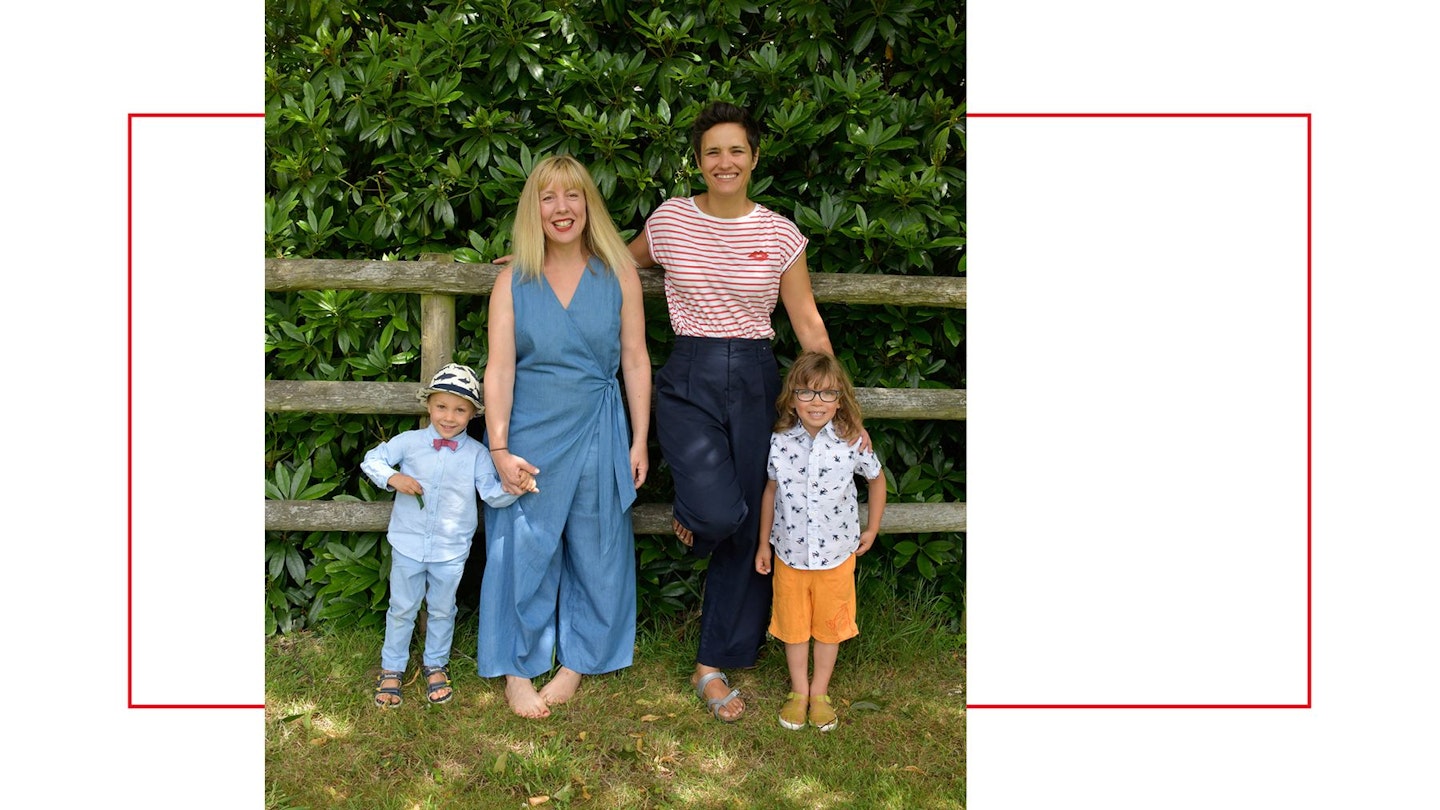 3 of 19
3 of 19Things You Only Know If You're The Other Mother
If your partner carried your children, what does that make you? Jen Brister tells Grazia about life in a two-mum family.
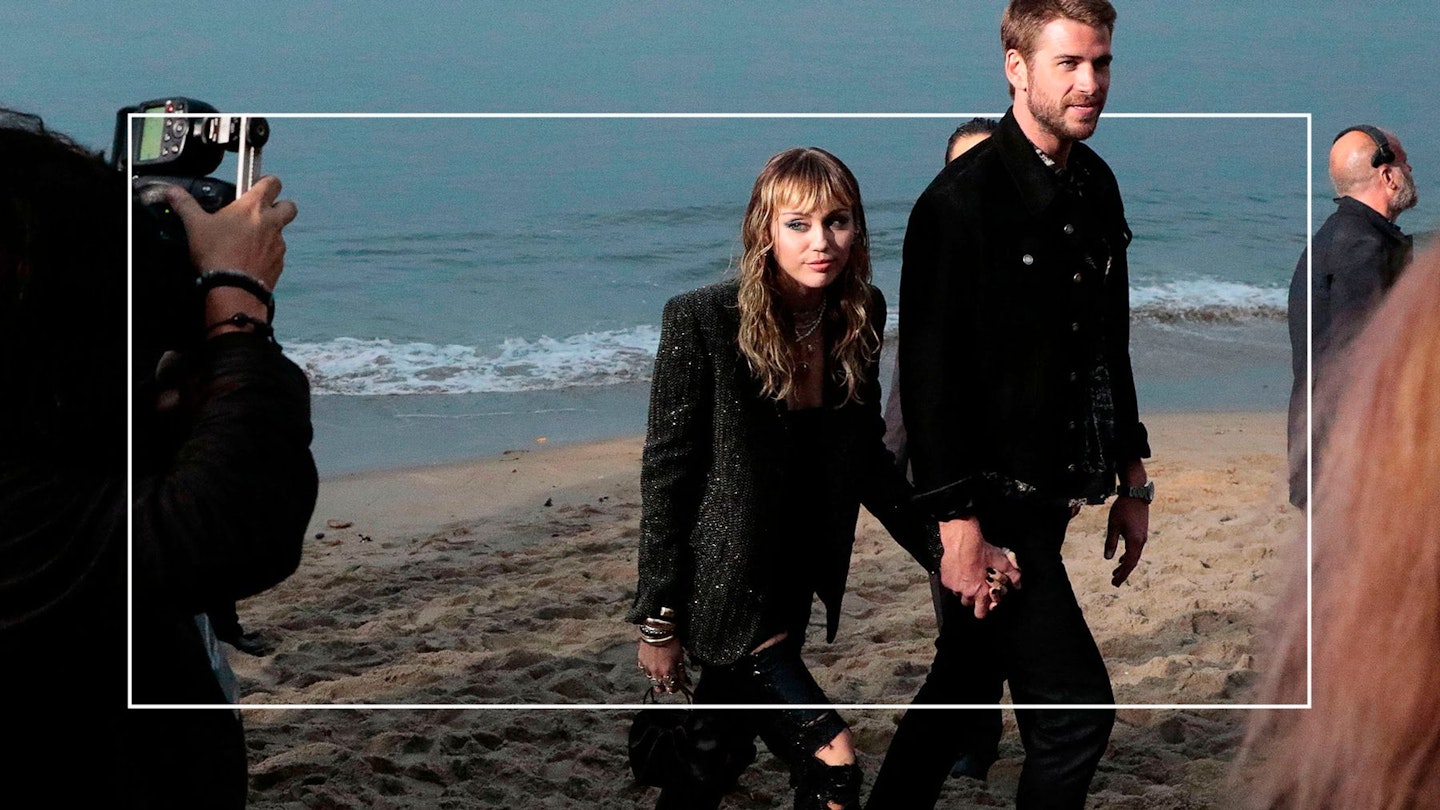 4 of 19
4 of 19Things You Only Know If Your Marriage Lasts Less Than A Year
The wedding was amazing but a Band-Aid Big Day couldn't save the relationship – and so an embarrassingly short marriage ensued.
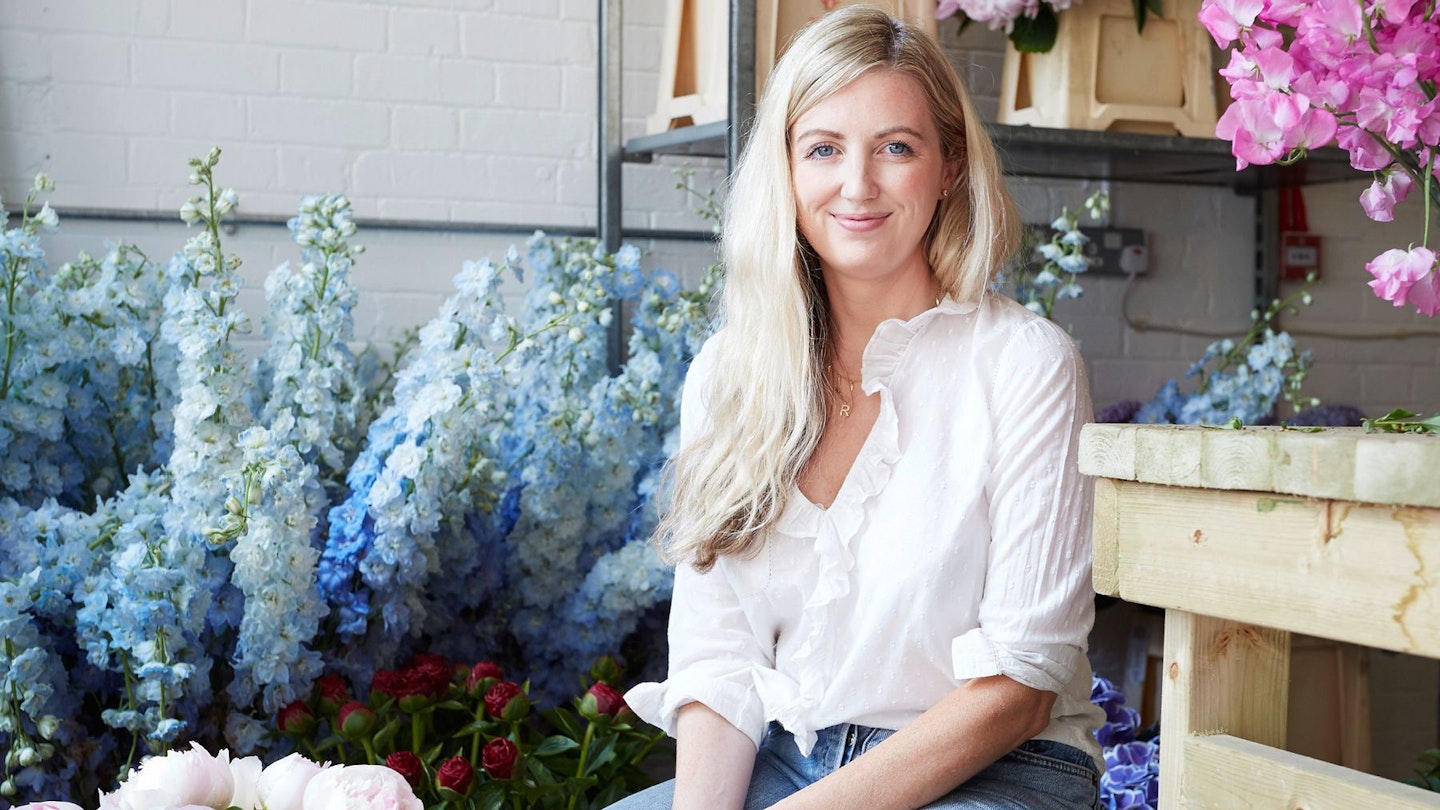 5 of 19
5 of 19Things You Only Know If You Walk Away From A Six-Figure Salary Job
As new figures reveal that record numbers are now 'overeducated' for their jobs, Lil Caldwell, 37, explains why swapping the law for floristry was her best decision yet.
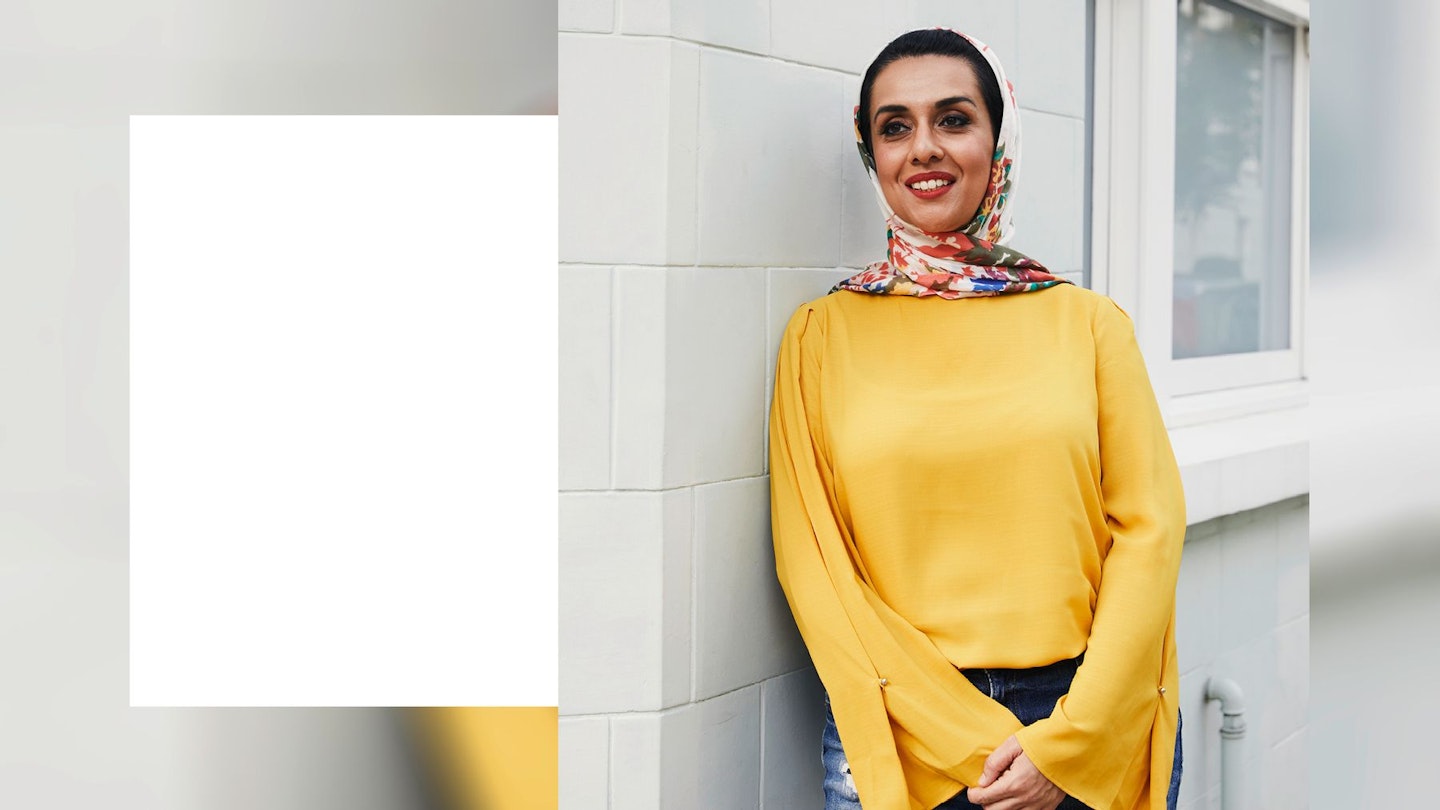 6 of 19
6 of 19Things You Only Know If: You're The Only Muslim In The Village
When Ayisha Malik moved to Dorset, she braced herself for reactions to her hijab. And was surprised at what she found.
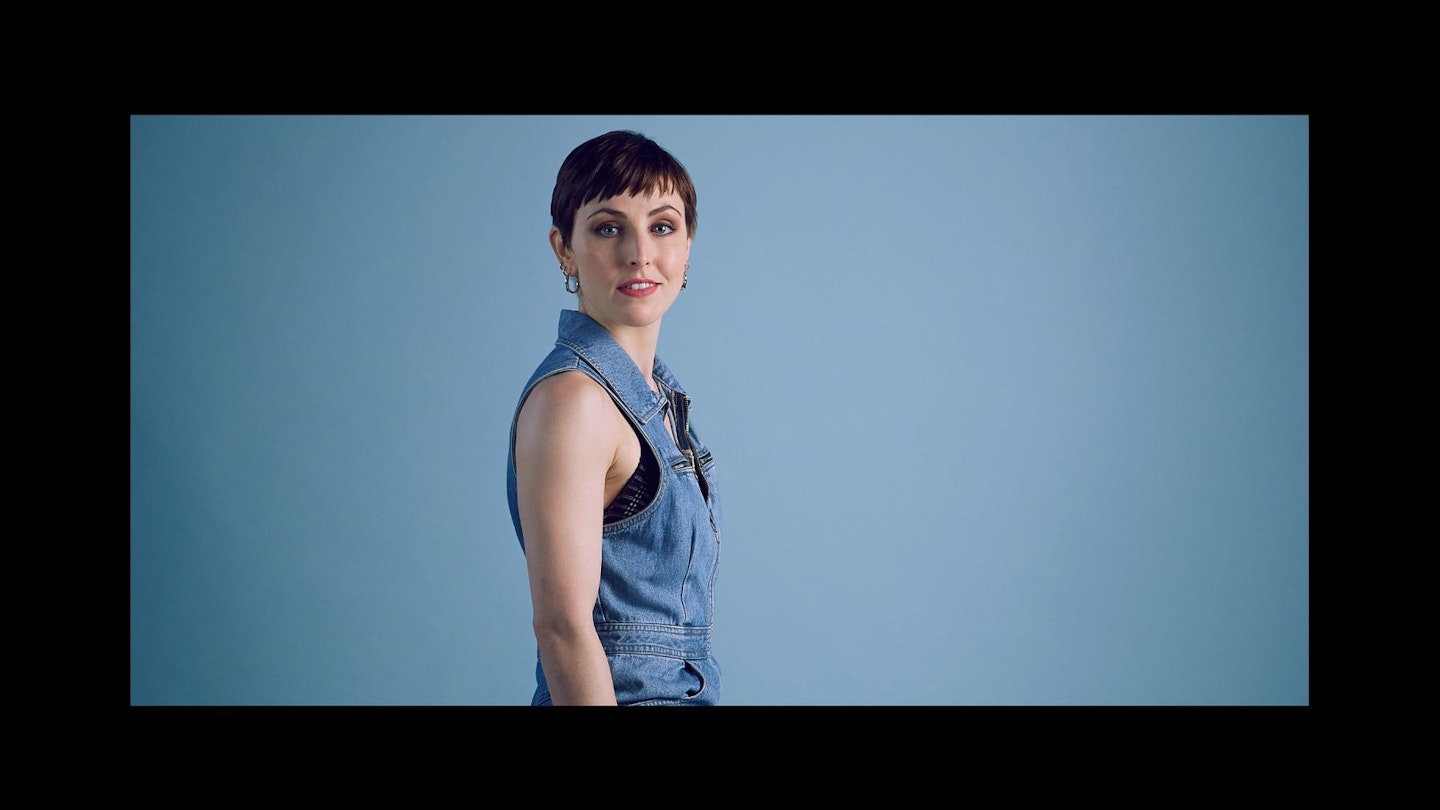 7 of 19
7 of 19Things You Only Know If: You're Going Through The Menopause At 30
A medical breakthrough now means the menopause could be delayed for 20 years. It's come too late for dancer Lindsay McAllister.
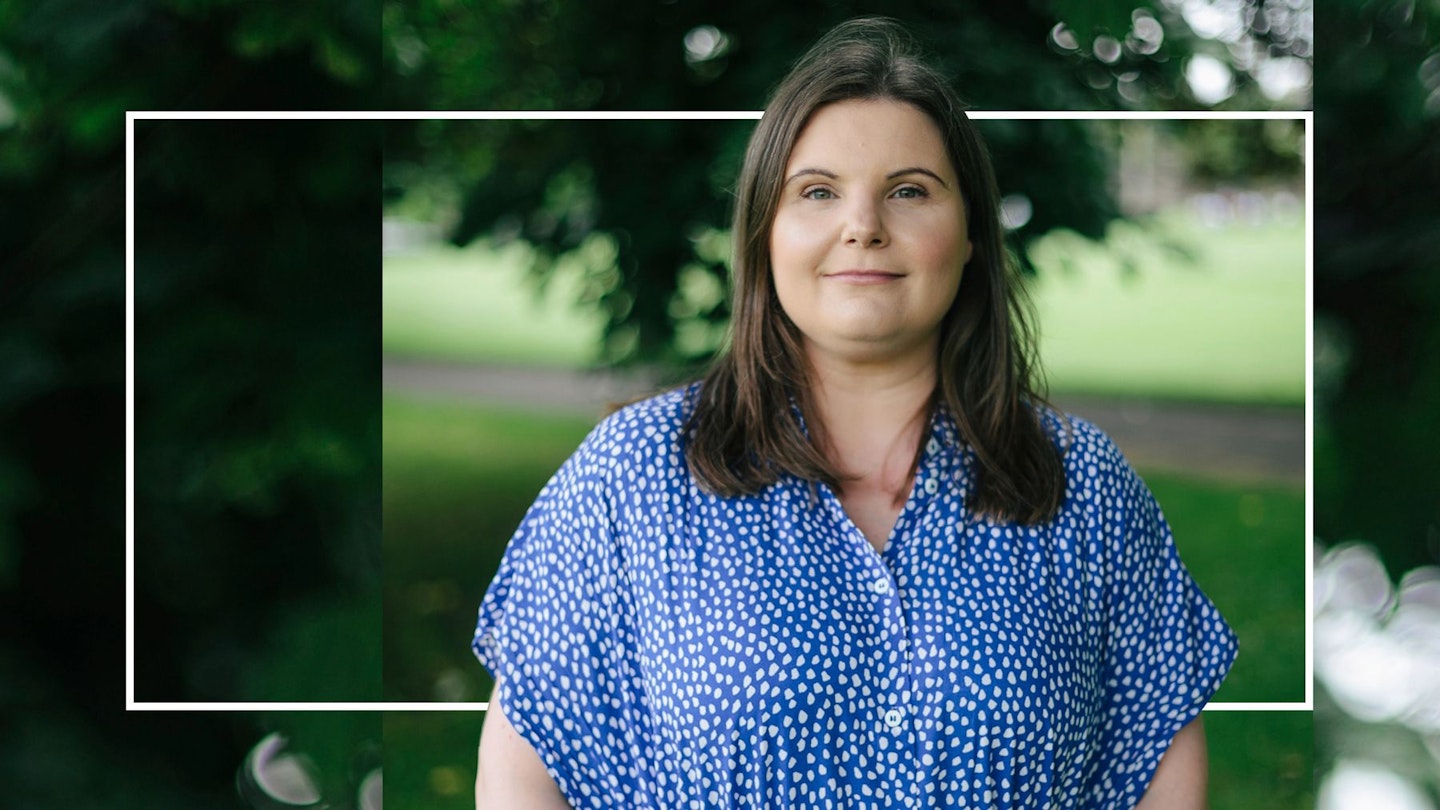 8 of 19
8 of 19Things You Only Know If: You've Finally Conquered Your Alcohol Problem
When Catherine Renton chose to end her damaging relationship with booze, she lost friends, too. She reflects on the decision that changed her life.
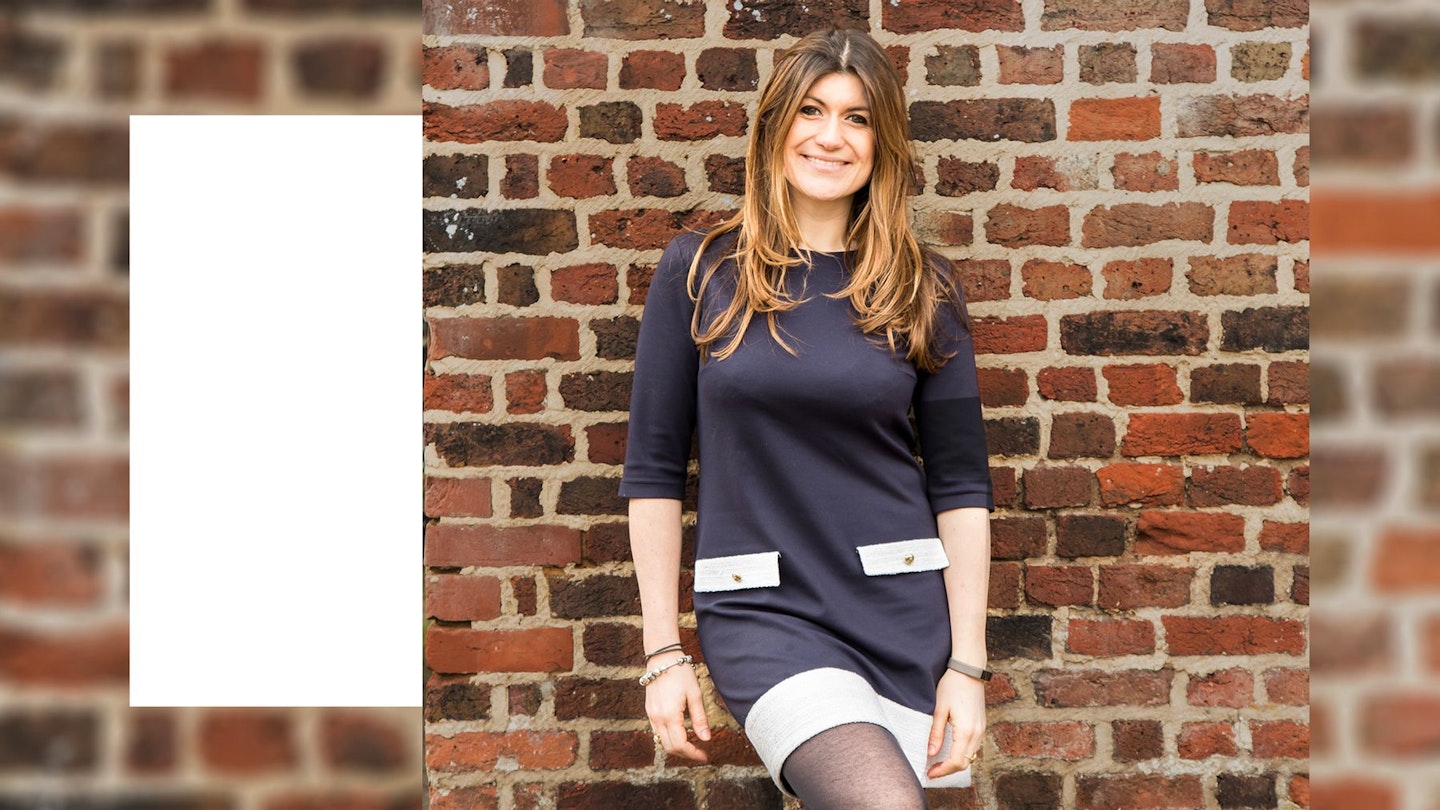 9 of 19
9 of 19Things You Only Know If You've Been On 100 First Dates
Charly Lester, 35, challenged herself to go on 30 blind dates before turning 30. Then things snowballed.
 10 of 19
10 of 19Things You Only Know If: You've Gone From Committed Singleton To 'Basic Bride'
'Suddenly, I want all the things I used to roll my eyes at: the dress, the flowers, the inexplicably expensive cake. There is a new and very loud voice in my head, it insists that this is my special day, I'm a f**king princess and I should have exactly what I want'
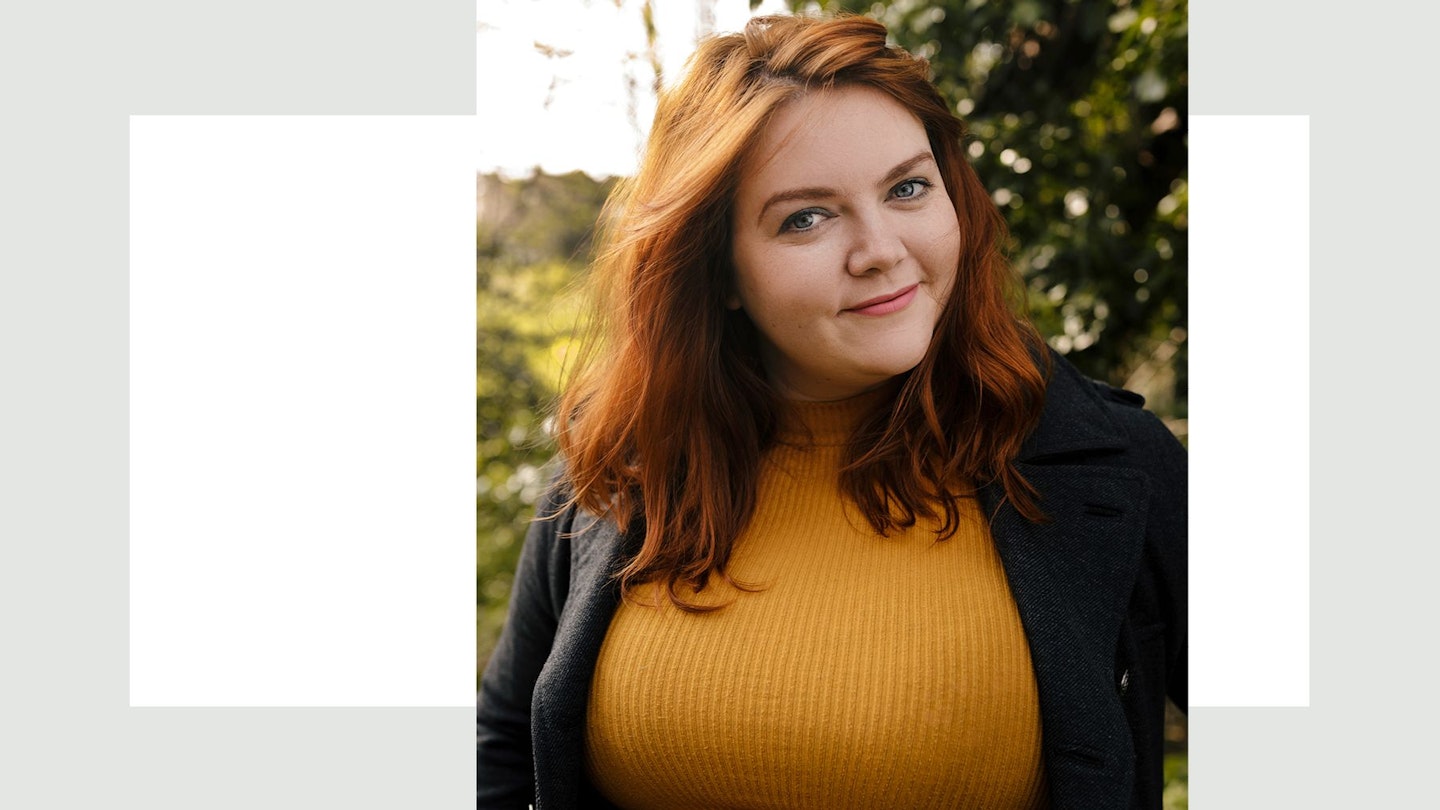 11 of 19
11 of 19Things You Only Know If You Don't Have A Girl Gang
As a child, Amy Jones looked forward to the day she'd find her squad. No 29, she's still wondering where it is.
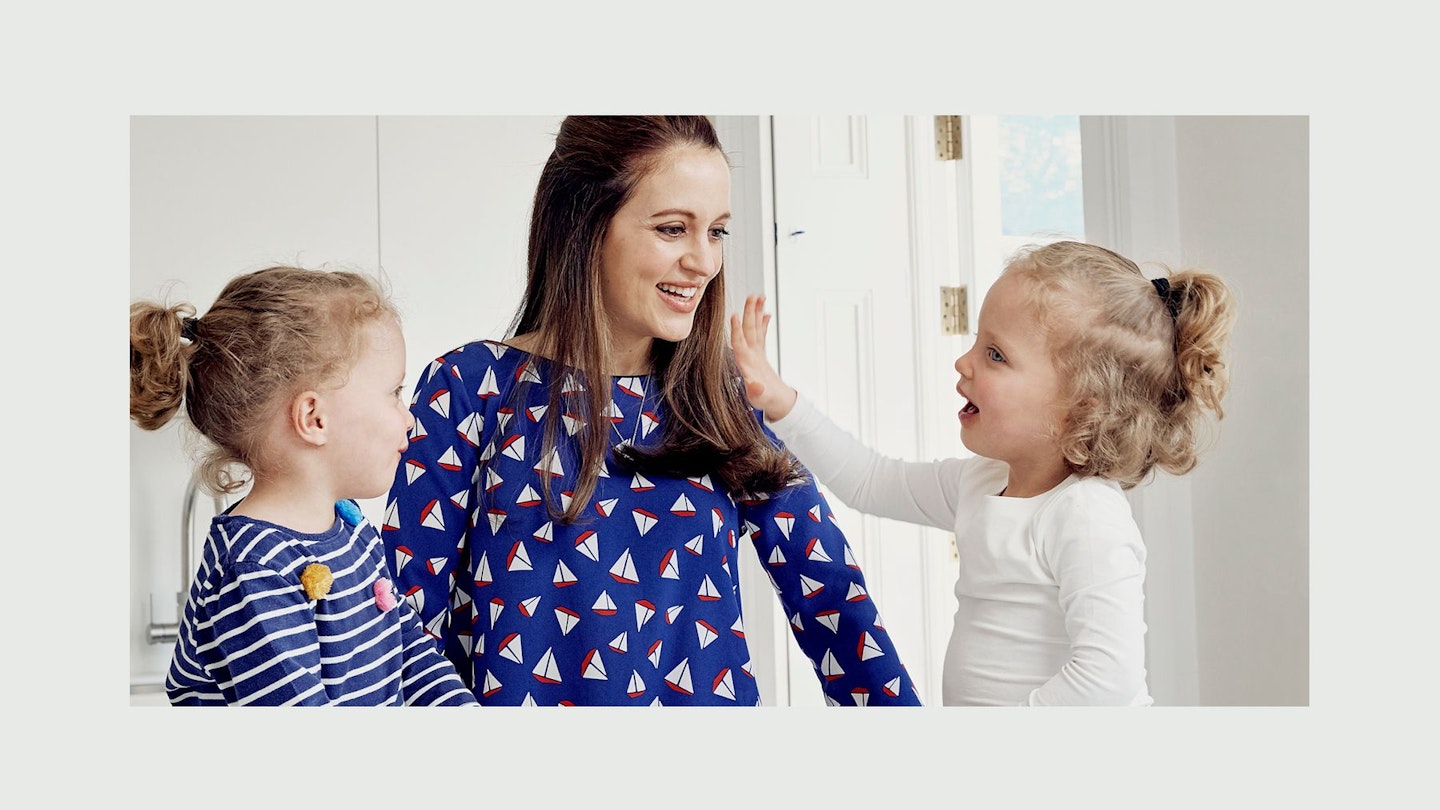 12 of 19
12 of 19Things You Only Know If Your Babies Arrive 10 Weeks Early
After her twin daughters arrived at 29 weeks, Francesca Segal spent 56 days with them at the neonatal intensive care ward - an experience that changed her forever.
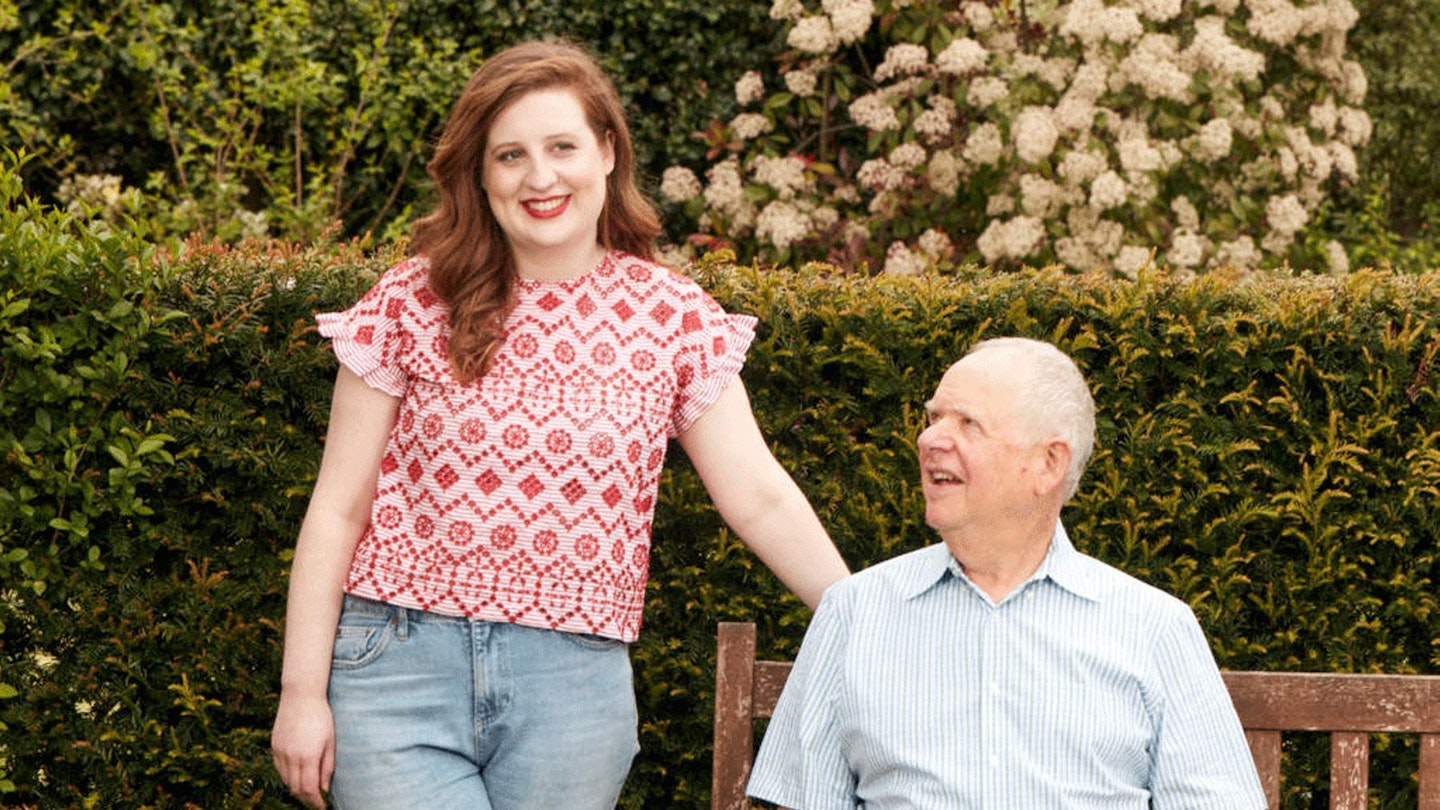 13 of 19
13 of 19Things You Only Know If… You Live With Your Parents At 29
Anna Behrmann, 29, moved back home to save money. It's had its ups and downs.
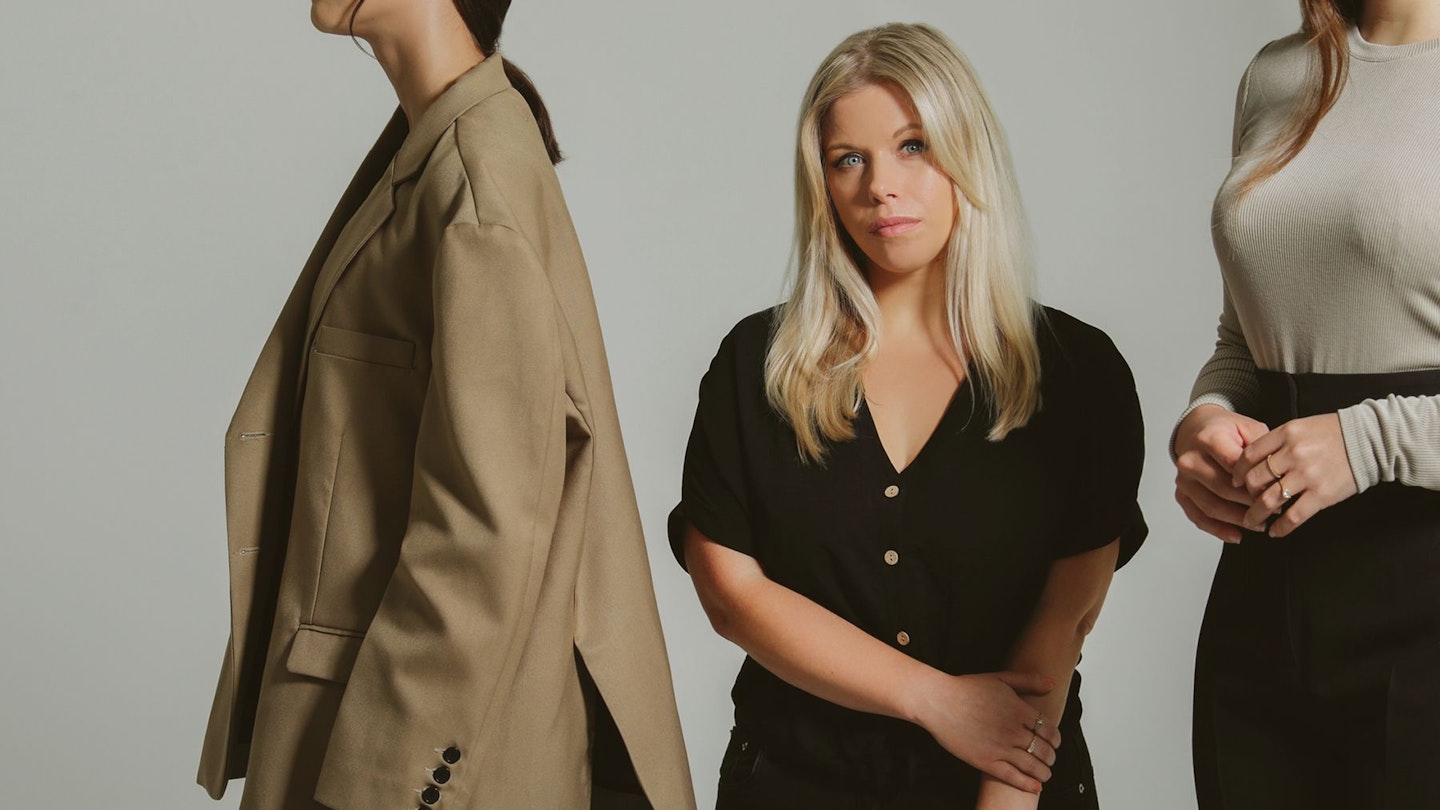 14 of 19
14 of 19Things You Only Know If You Earn Significantly Less Than Your Friends
After losing her job 31-year-old Olivia Foster found out the uncomfortable truth about what it means to be the broke friend.
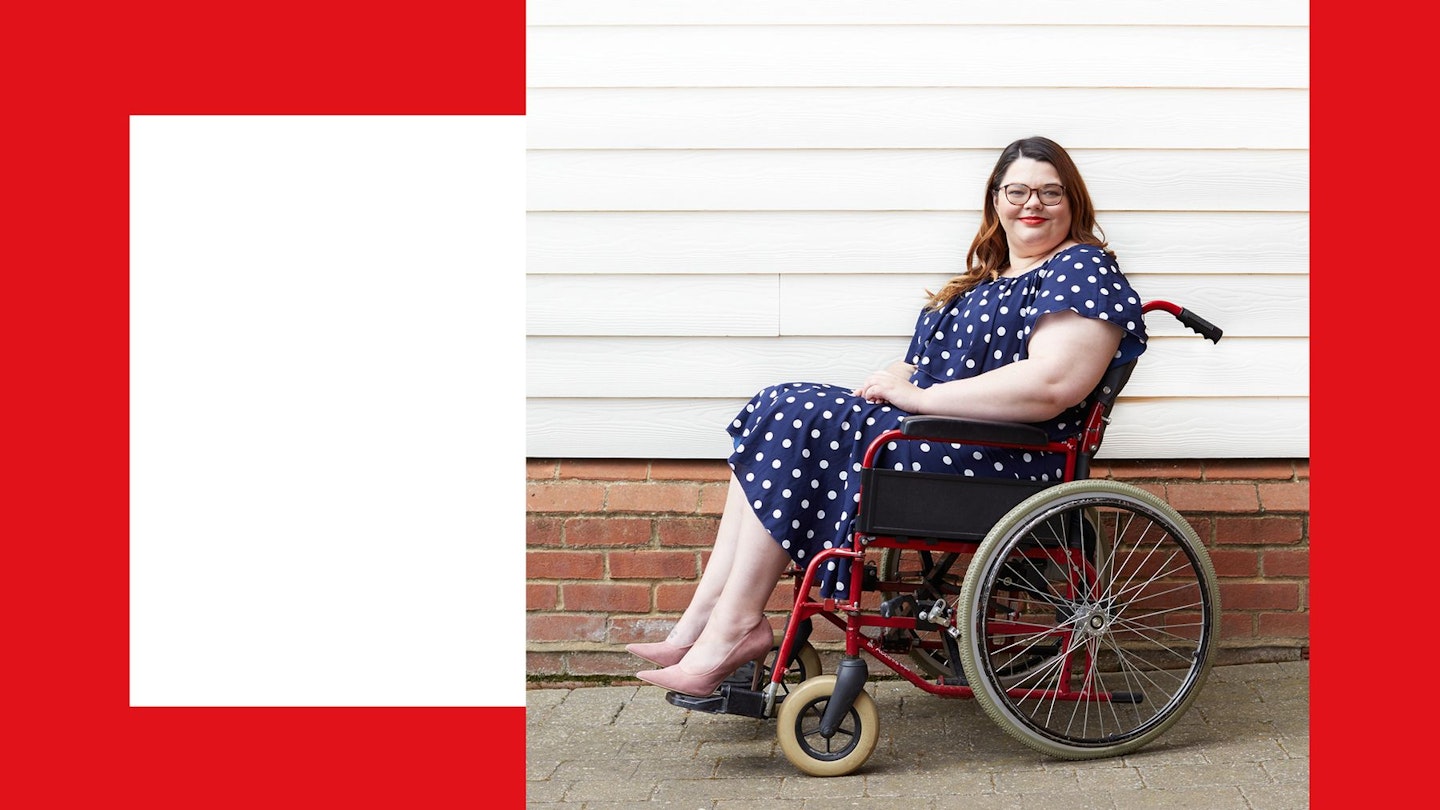 15 of 19
15 of 19Things You Only Know If You're Living With M.E.
When Hollie Brooks found herself so weak she couldn't even dress herself, she knew something was desperately wrong. To mark the end of ME Awareness Week, she tells her story.
_1024_Widthjpg.jpg?auto=format&w=1440&q=80) 16 of 19
16 of 19Things You Only Know If You're Plus-Size And Online Dating
From men who think they're doing you a favour, to feeders who fetishise your body.
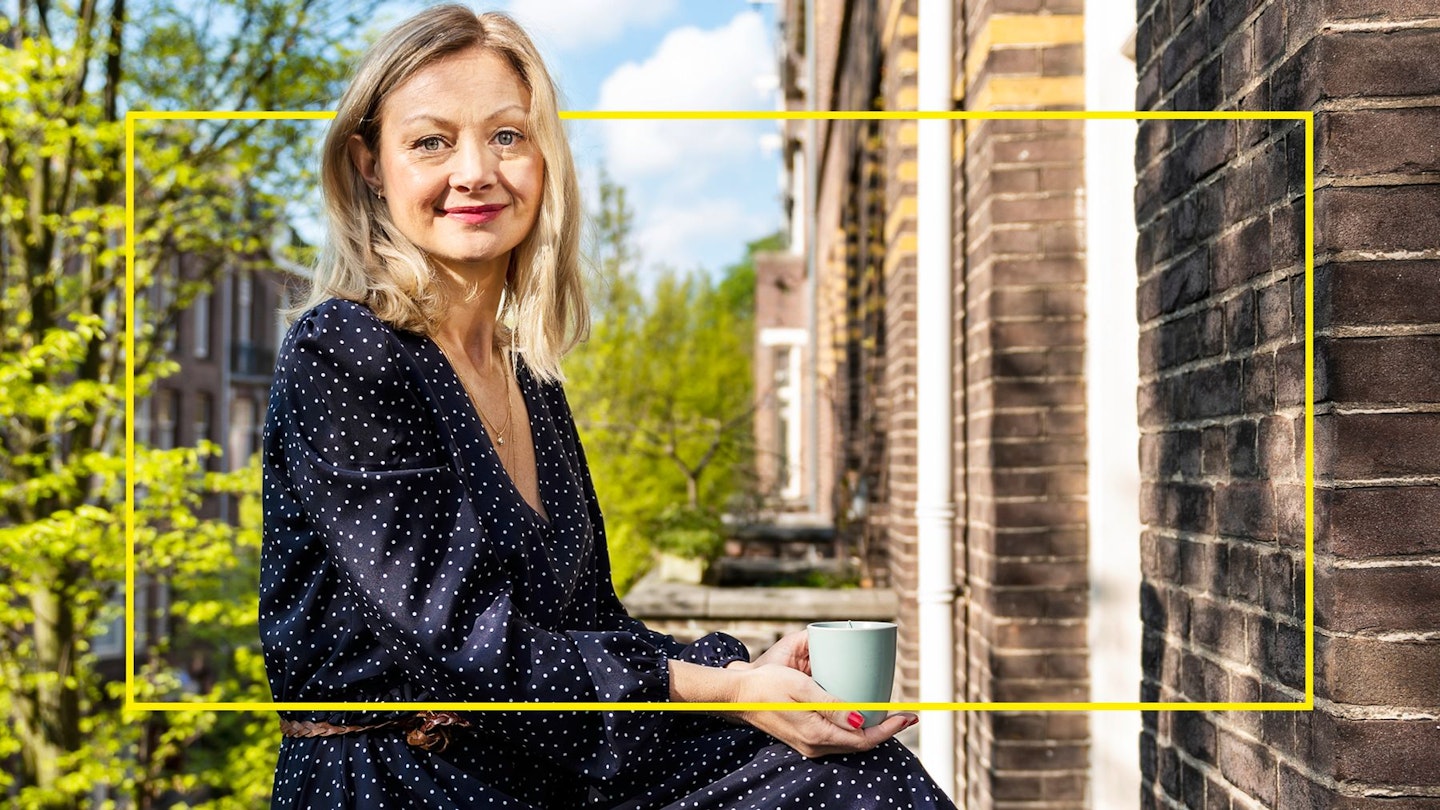 17 of 19
17 of 19Things You Only Know If You Gave Up Your Job To Follow Your Partner Abroad
'On bad days it could feel a bit 1950s'
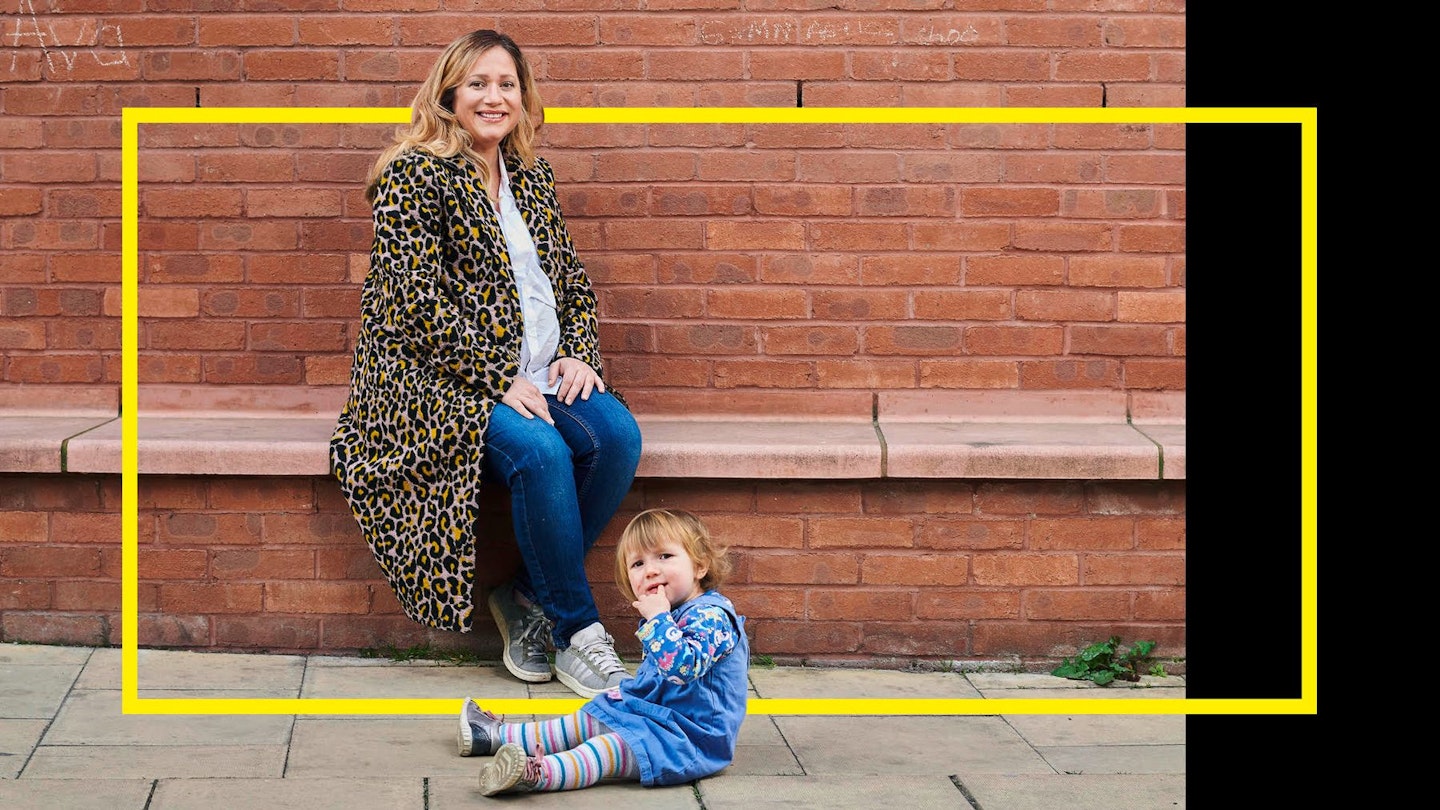 18 of 19
18 of 19Things You Only Know If You've Chosen To Have A Baby Alone
Aged 37 and single, Genevieve Roberts decided to become a mum with the help of a sperm donor.
 19 of 19
19 of 19Things You Only Know If You're An Adult Orphan
Emily Dean lost her parents and sister in the space of three years - and changed her whole life as a result.
